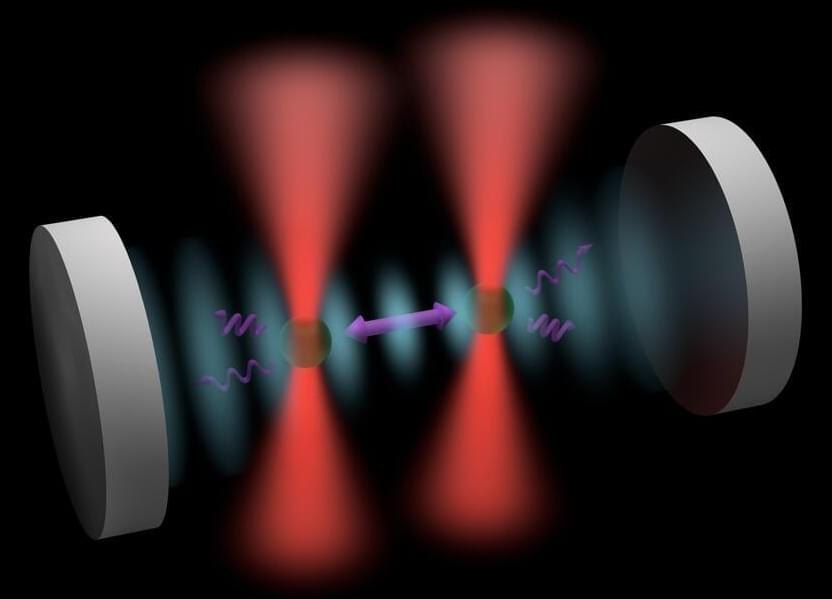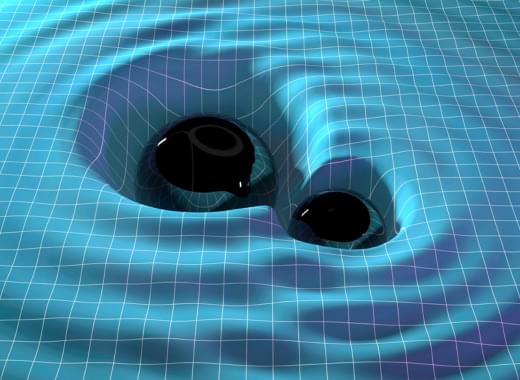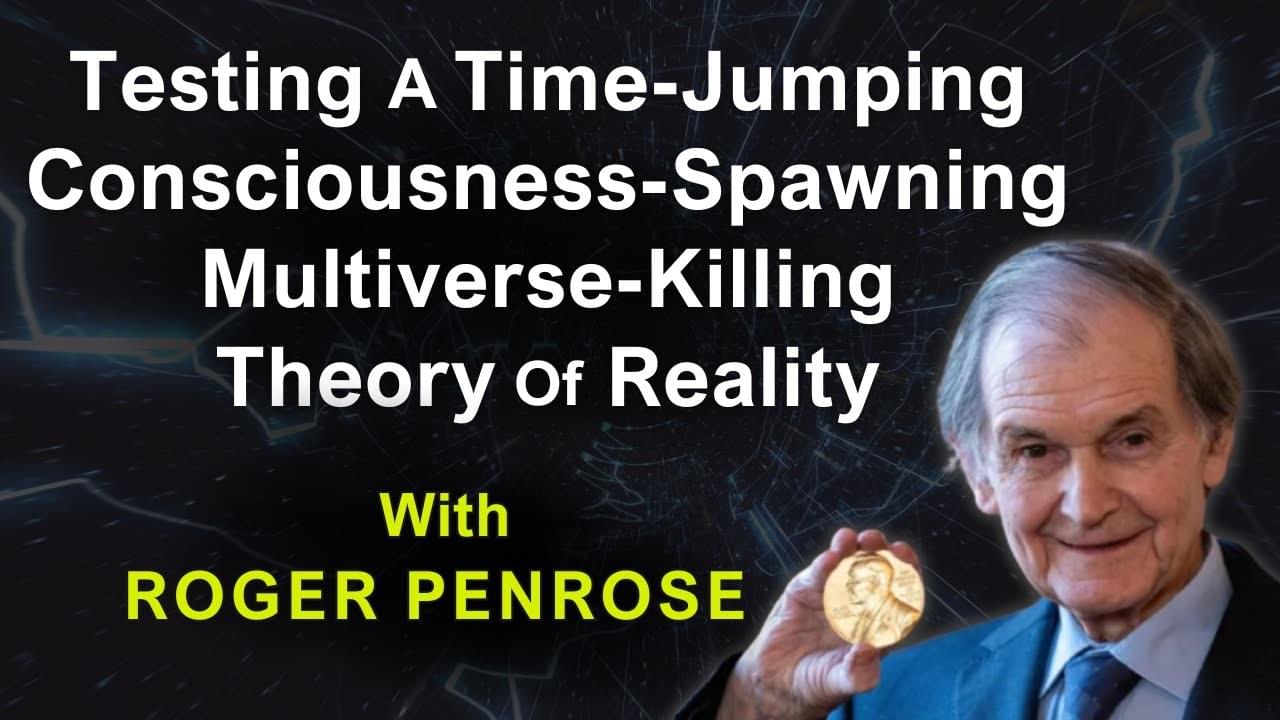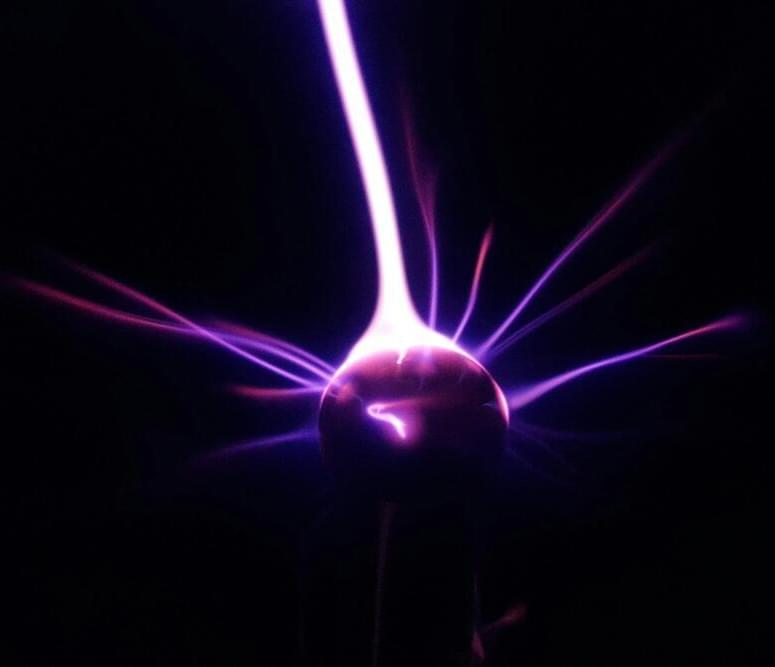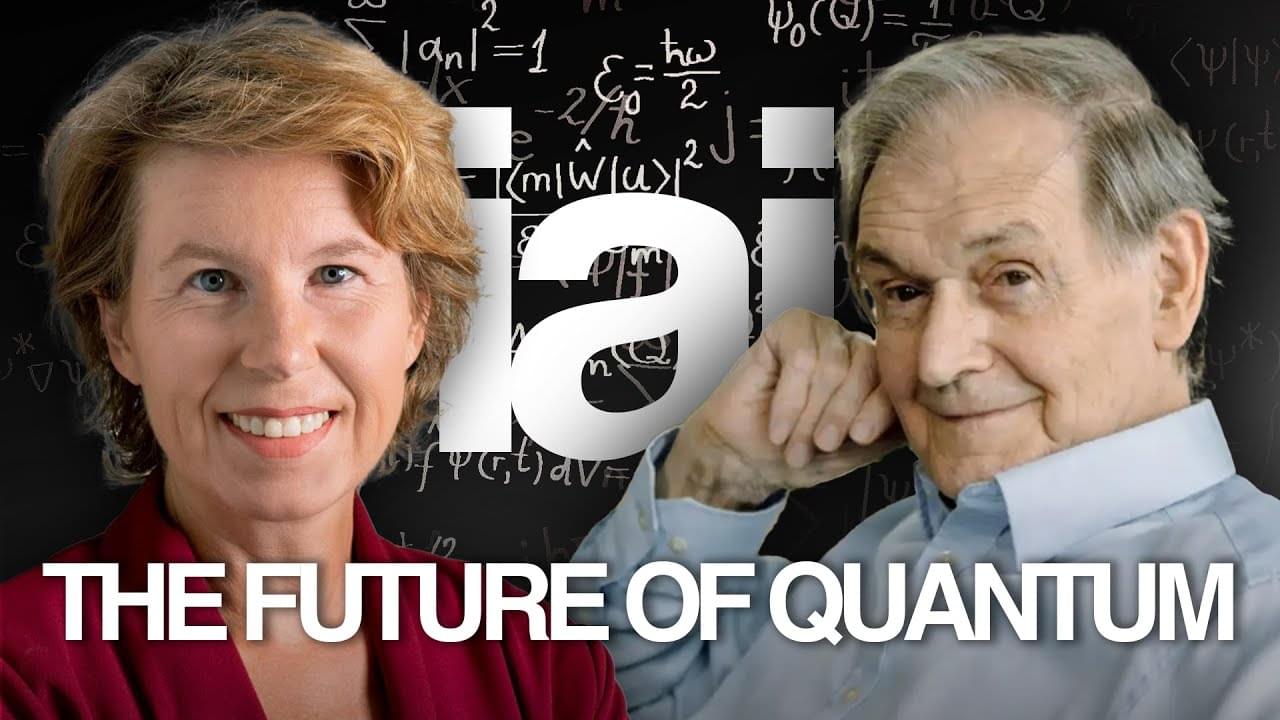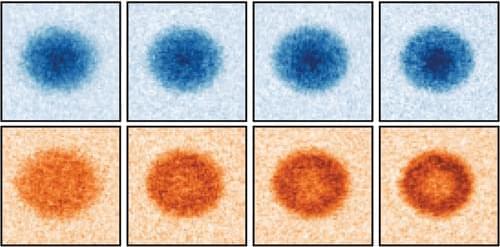Mar 1, 2024
Scientists make nanoparticles dance to unravel quantum limits
Posted by Dan Breeden in categories: nanotechnology, particle physics, quantum physics
The question of where the boundary between classical and quantum physics lies is one of the longest-standing pursuits of modern scientific research, and in new research published today, scientists demonstrate a novel platform that could help us find an answer.
The laws of quantum physics govern the behavior of particles at miniscule scales, leading to phenomena such as quantum entanglement, where the properties of entangled particles become inextricably linked in ways that cannot be explained by classical physics.
Research in quantum physics helps us to fill gaps in our knowledge of physics and can give us a more complete picture of reality, but the tiny scales at which quantum systems operate can make them difficult to observe and study.
